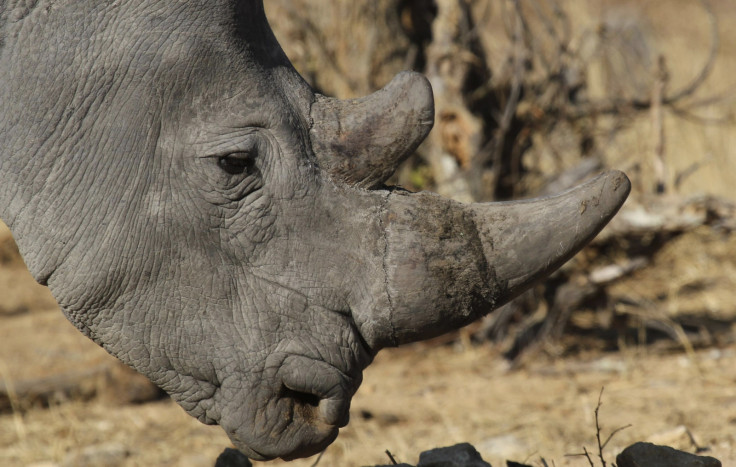Rhinos and Elephants in Africa Being Decimated by Poachers' Syndicates as Demand For Ivory, Horn Goes Up

Illegal rhino horn trade has reached the highest levels since the early 1990s, while trade in ivory increased by nearly 300% from 1998 to 2011, according to a report by the wildlife trade monitoring network, Traffic.
Demand for ivory-based jewellery in China and Thailand and superstitious beliefs in Vietnam about the rhino horn as a drug to detoxify the body are placing these animals under severe poaching pressure throughout Africa.
Central Africa's forest elephants have been reduced by an estimated 76% over the past 12 years while in Tanzania's Selous Game Reserve, elephant numbers have fallen from 70,000 in 2007 to only 13,000 by late 2013.
A record 1004 rhinos were poached in 2013 in South Africa alone.
Both rhino horn and ivory trafficking are run as Asian-run, African-based operations, with the criminal syndicates using sophisticated technology to run their operations.
The report was prepared by Traffic in partnership with United States Agency for International Development (USAID).
"Wildlife trafficking not only endangers rhinos, elephants, and many other wildlife species, but also threatens national and international security as well as local livelihoods," said Eric Postel, assistant administrator at USAID.
Calling for smart and sophisticated responses, the report recommends further developing coordinated, specialised intelligence units to disrupt organised criminal networks by identifying key individuals and financial flows and making more high level arrests.
© Copyright IBTimes 2025. All rights reserved.





















